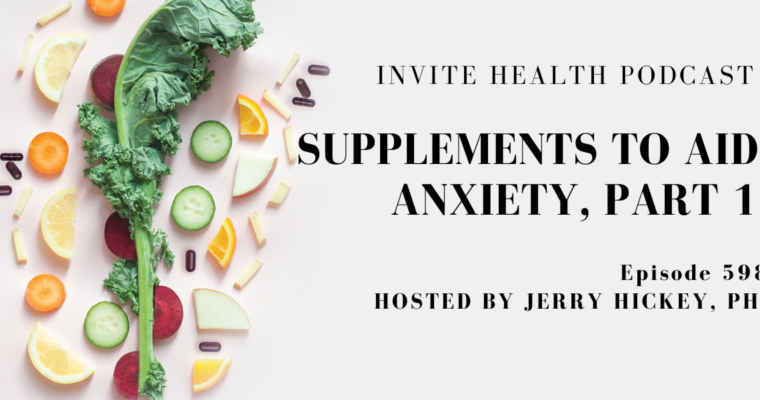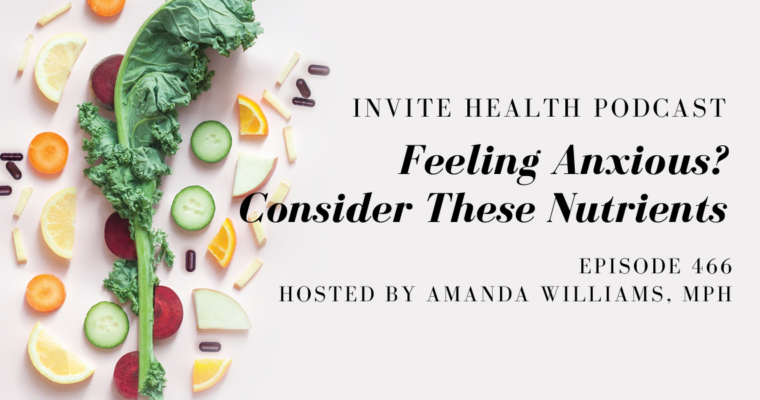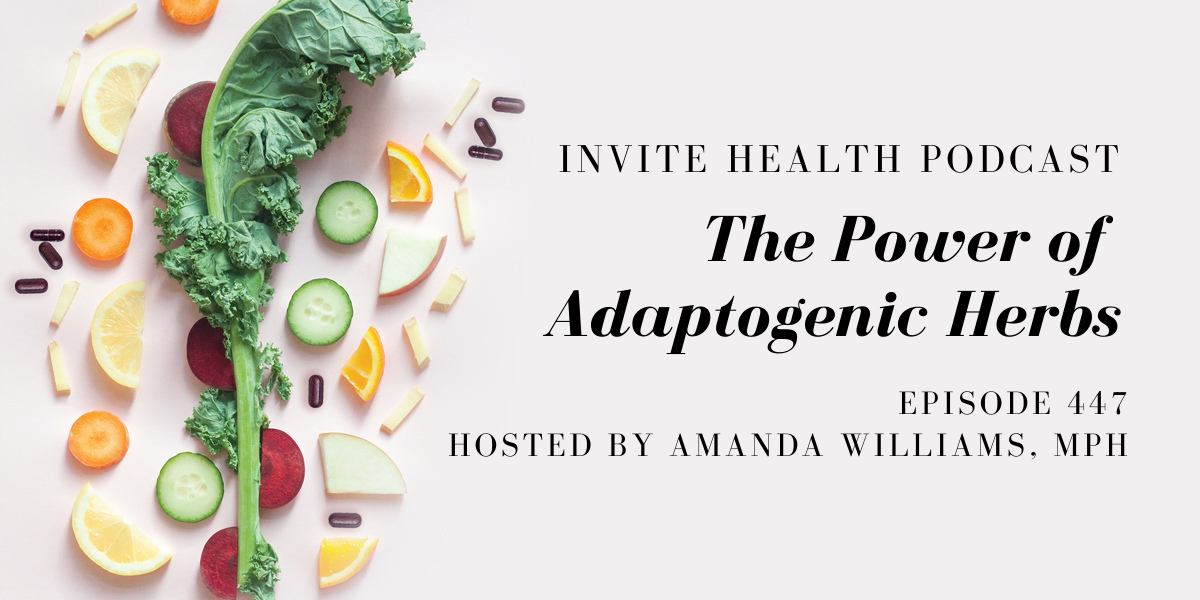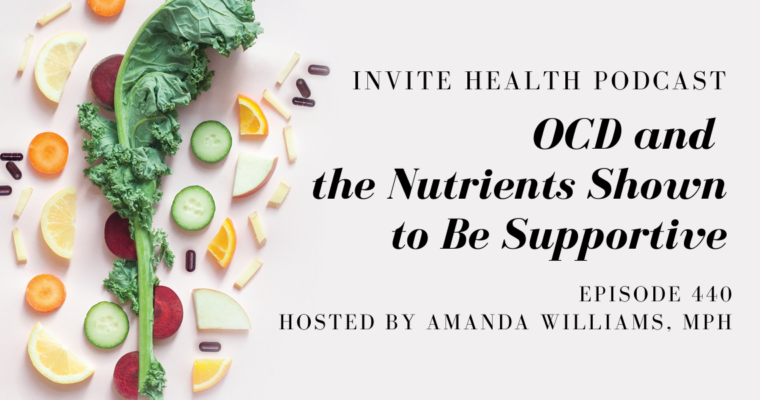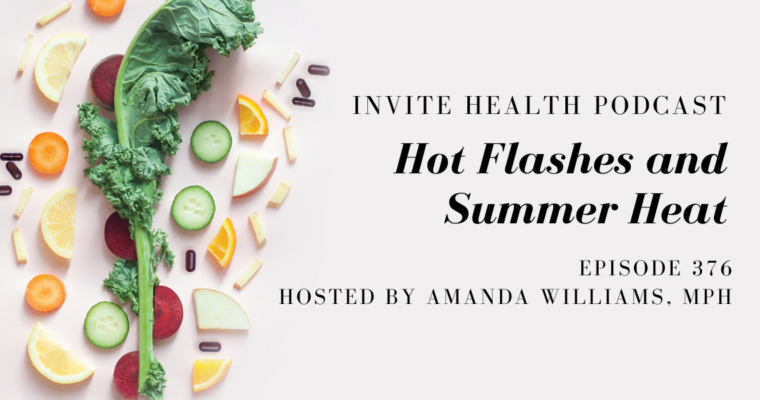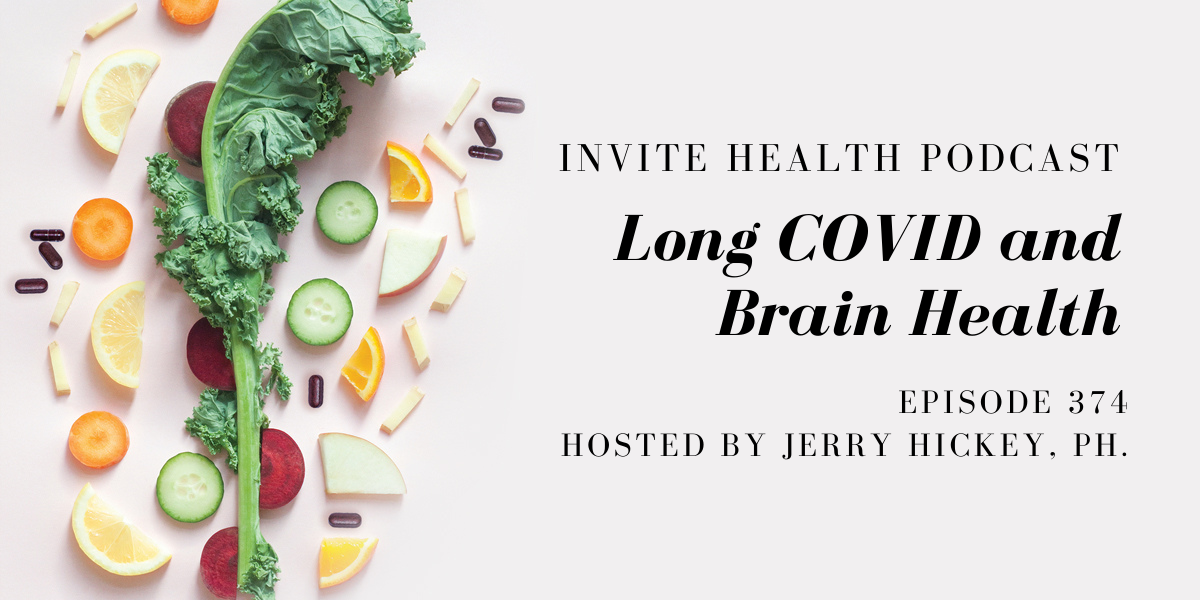long COVID
InViteⓇ Health Podcast, Episode hosted by Jerry Hickey, Ph.
Subscribe Today!
Many people who have been hospitalized with a COVID-19 infection have been suffering from long-term, persistent symptoms. This is called long COVID.†
How does long COVID impact cognition?
Previous research indicated that about 30% of COVID survivors have long-lasting cognitive issues and 30 to 40% have psychopathological issues such as depression or anxiety.†
NUTRIENTS TO AID ANXIETY, PART 1 – INVITE HEALTH PODCAST, EPISODE 338. Listen Now>>
A recent study from Italy shows that patients with long COVID suffer from changes to cognitive functions. This can include brain fatigue, trouble with the attention span, issues with solving problems, inability to plan things out, memory loss and even depression and post-traumatic stress disorder (PTSD). These issues often occur within two months of being discharged from the hospital and are still persistent many months later, even ten months after discharge.†
These researchers found a connection between white matter hyperintensities and memory issues. White matter hyperintensities are pockets of damage in the white matter of the brain that can be seen through brain scans such as functional MRIs. Memory takes place in the grey matter of the brain, which makes up about 10% of the brain, but it does not work without the white matter, which accounts for half of the brain.†
Another report looked at autopsies of people who died from COVID-19. The researchers looked at their brains and compared the damage that they saw to the damage they see in people who died from Alzheimer’s disease and Parkinson’s disease. There was that much trauma and damage in the brain of people who died from COVID-19. This study noted that about a third of hospitalized COVID-19 patients report outward signs of neurological impairment. For long COVID patients, this included fuzzy thinking, forgetfulness, difficulty concentrating and depression.†

Nutrients to help support the brain
There are many supplements that may help to support brain health in long COVID patients. The formula Bio-Curcumin 5-Loxin is great for the brain. 5-Loxin is from the frankincense plant, boswellia serrata. It has been shown to reduce inflammation in the human brain. Bio-Curcumin is a well-absorbed version of the herb turmeric. There have been many studies looking at Bio-Curcumin’s ability to support patients with depression, brain plaque and memory loss. Turmeric has also been proven to restore levels of brain-derived neurotrophic factor. When young people go into a deep sleep, they release a lot of this healing factor in their brain and it creates hundreds of new memory cells. As you grow older, you release less brain-derived neurotrophic factor, so you’re replacing fewer and fewer lost memory cells.†
WHY SLEEP IS REQUIRED FOR MEMORY – INVITE HEALTH PODCAST, EPISODE 296. Listen Now>>
Alcar with ALA is another beneficial supplement for long COVID patients experiencing issues with cognition and memory. These are two nutrients that are natural to the human body, but their function declines with age. Alcar is a neurotransmitter in the brain that is involved with brain energy. It is helpful for mood and memory and helps to prevent the death of brain cells. ALA also plays a role in brain energy and memory.†
In this episode, Jerry Hickey, Ph., discusses the phenomenon of long COVID and details how this can impact brain health for many people. He details new research on the issue and offers recommendations for long COVID patients who are experiencing issues with mood, memory and brain fatigue.†
Key Topics:
- How cognitive issues relate to the COVID-19 infection
- Other persistent issues correlated with long COVID
- How COVID-19 spreads inflammation throughout the body
Thank you for tuning in to the InViteⓇ Health Podcast. You can find all of our episodes for free wherever you listen to podcasts or by visiting www.invitehealth.com/podcast. Make sure you subscribe and leave us a review! Follow us on Facebook, Twitter and Instagram at InViteⓇ Health today. We’ll see you next time on another episode of the InViteⓇ Health Podcast.


